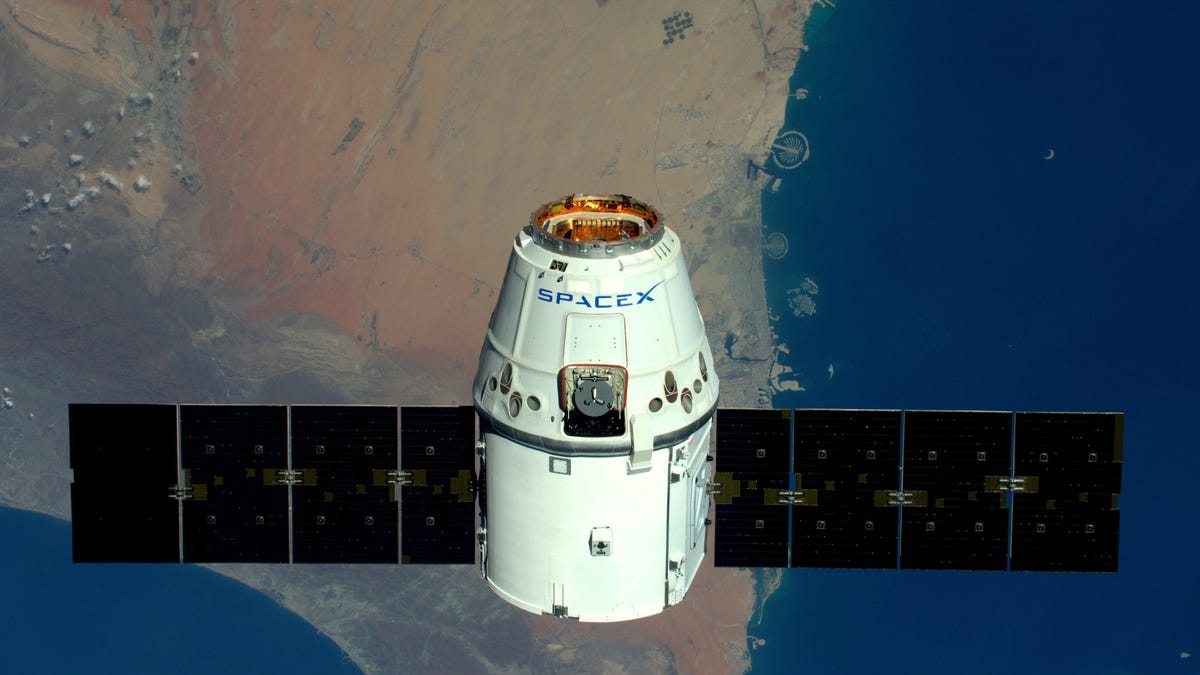SpaceX gets FCC approval to provide satellite broadband
Elon Musk plans to deploy 4,425 small satellites in low-Earth orbit to provide internet service in remote areas.

The FCC approved SpaceX's plan for deploying a constellation of satellites to provide rural and remote areas of the globe with broadband service.
The Federal Communications Commission approved on Thursday SpaceX's plan to provide global satellite broadband services.
"This is the first approval of a US-licensed satellite constellation to provide broadband services using a new generation of low-Earth orbit satellite technologies," the FCC said in a statement. "With this action, the commission takes another step to increase high-speed broadband availability and competition in the United States."
SpaceX said it appreciated the FCC's thorough review of its constellation license.
"Although we still have much to do with this complex undertaking, this is an important step toward SpaceX building a next-generation satellite network that can link the globe with reliable and affordable broadband service, especially reaching those who are not yet connected," Gwynne Shotwell, president and chief operating officer at SpaceX, said in a statement.
Elon Musk's privately held SpaceX plans deploy a constellation made up of 4,425 small satellites in low-Earth orbit. The goal is to provide low-latency broadband to rural and remote places with little or no internet access and to improve speeds and coverage in areas with so-so access. The service is currently set to go by the name "Starlink."
Most satellite internet customers are currently served by a handful of satellites in high geostationary orbit, but Starlink's lower-altitude constellations would instead use a swarm of satellites to provide low-latency connectivity that feels more like a cable or fiber-optic connection.
Musk has said he hopes to see Starlink operational in the mid-2020s.
Crowd Control: A crowdsourced science fiction novel written by CNET readers.
Solving for XX: The tech industry seeks to overcome outdated ideas about "women in tech."

